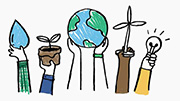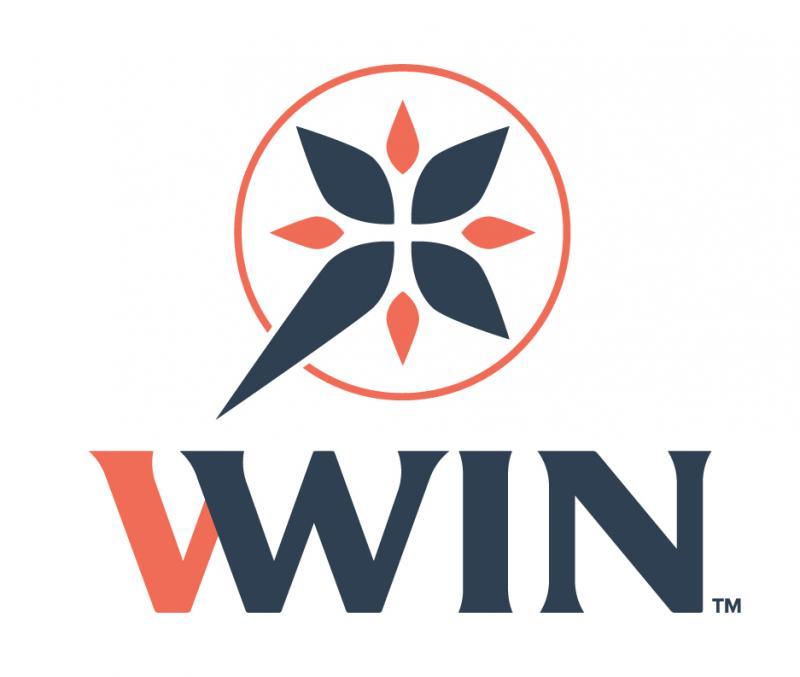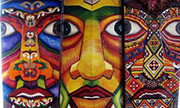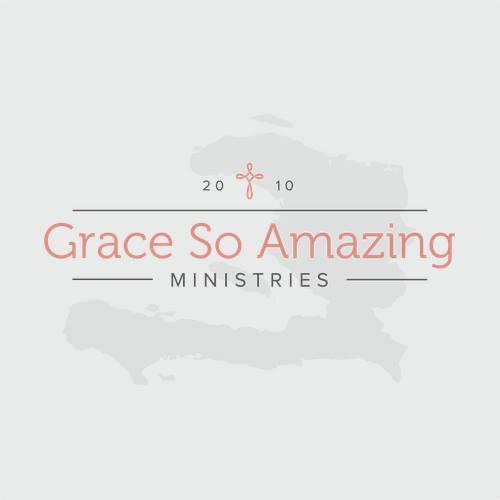Mission: After many collective years in social development, seems there are no medium to large organizations and very few small organizations, that can really do what needs to be done without sucking excessive and unjustifiable ‘juice’ from social development initiatives. We’re working towards a way of avoiding the ‘juice sucking’ pitfall – that’s the dream of la Danta Project – a sustainable and easily clone-able approach to social development based on community, not bureaucracy and decreased efficiency as the organization grows. la Danta Project is about permaculture. From Wikipedia’s permaculture entry…“Permaculture is a system of agricultural and social design principles centered around simulating or directly utilizing the patterns and features observed in natural ecosystems. The term permaculture (as a systematic method) was first coined by Australians David Holmgren, then a graduate student, and his professor, Bill Mollison, in 1978.The word permaculture originally referred to “permanent agriculture”, [1] but was expanded to stand also for “permanent culture”, as it was understood that social aspects were integral to a truly sustainable system as inspired by Masanobu Fukuoka’s natural farming philosophy. ”La Danta Project is all encompassing in its application of “permanent culture” as permaculture. La Danta Project is not-for-profit. We’re simply about helping poor Maya families, promoting permaculture, keeping the bills paid and providing you with an authentic adventure traveler experience.
Results: Since 2011, with the help of thousands of supporters and volunteers from all over the world, our registered Guatemala women’s nonprofit has brought to Petén Guatemala: thousands of hours of English classes for kids, planted hundreds of organic gardens and thousands of trees, built and gifted sustainable homes and clean/efficient wood stoves to deserving Maya families of Petén Guatemala.
Target demographics: Maya villages around lake Peten Itza
Direct beneficiaries per year: 4 Maya villages around lake Peten Itza
Geographic areas served: Social Development
Programs: food, homes, ecotourism, voluntourism and agrotourism
Results: Since 2011, with the help of thousands of supporters and volunteers from all over the world, our registered Guatemala women’s nonprofit has brought to Petén Guatemala: thousands of hours of English classes for kids, planted hundreds of organic gardens and thousands of trees, built and gifted sustainable homes and clean/efficient wood stoves to deserving Maya families of Petén Guatemala.
Target demographics: Maya villages around lake Peten Itza
Direct beneficiaries per year: 4 Maya villages around lake Peten Itza
Geographic areas served: Social Development
Programs: food, homes, ecotourism, voluntourism and agrotourism
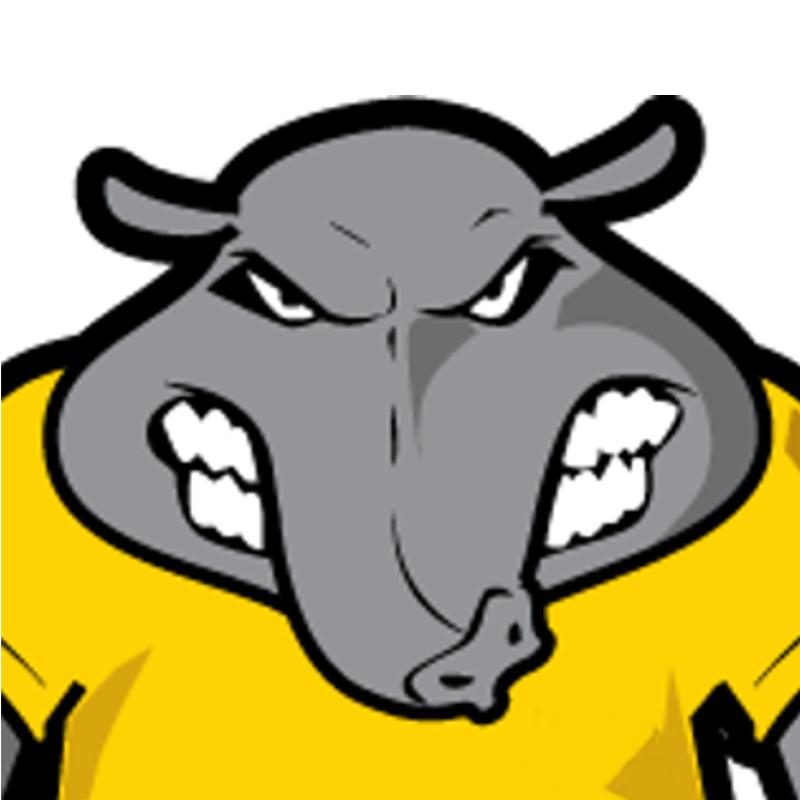
Others



